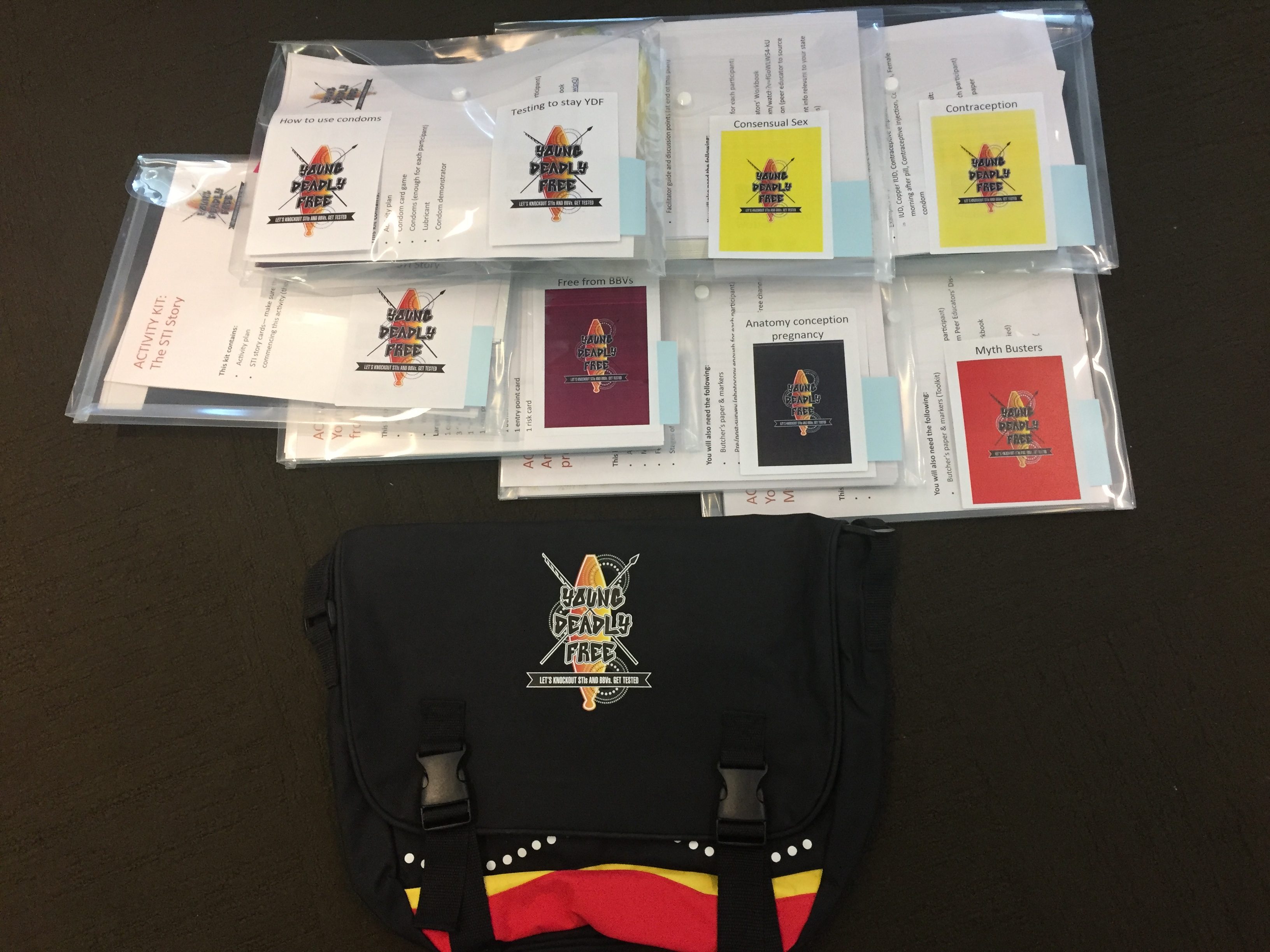
Peer Education Program
The Young Deadly Free Peer Education Program was trialled in remote communities across Queensland, the NT, WA and South Australia, the trial finishing up in March 2019. The program involved training young people from remote communities to run community peer education sessions on STIs and BBVs, using our Peer Education Toolkit.
Shout out to Ceduna Youth Hub Productions for this deadly little animation, made as their community project, with art work by Anderson Willis!
The young people of Carnarvon produced this video for their community project. The video informs young people about ways to stay Young, Deadly and STI and BBV Free in Carnarvon, WA.
Peer Education Toolkit
The kit developed for the trial included activities to help young people understand how STIs and BBVs are spread, and the importance of getting tested and treated.
Anatomy
This activity explains the basics of the main male and female body parts involved in our sexual health to make understanding STIs and BBVs easier.
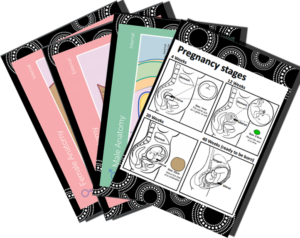
Contraception

This activity explains what contraception is (some people call it “birth control”), how it works, and where to get it from. It explains that contraception does not protect people from STIs.
STI Story
This activity, from ©SHQ (Sexual Health Quarters) in WA, is designed to reinforce understanding of STI risk, prevention and testing.

Testing To Stay Young Deadly and Free

This activity explains what is involved in an STI and BBV check-up including tests taken, testing equipment, and standard sexual health assessment questions.
Free from BBVs
This activity explains the ways in which BBVs are transmitted and how to prevent BBV transmission.
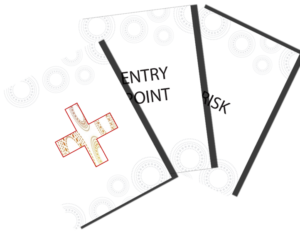
Consent
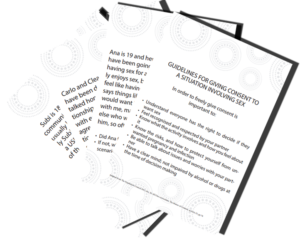
This activity outlines the basic laws around sex.
How to Use Condoms Correctly
This activity explains how to use condoms correctly and the importance of consistent and correct condom use.

Myth Busters
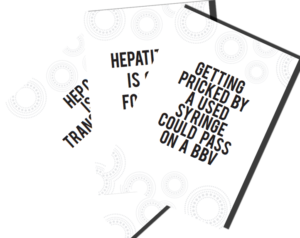
This activity is designed to build understanding of BBV transmission, prevention, treatment and immunisation.
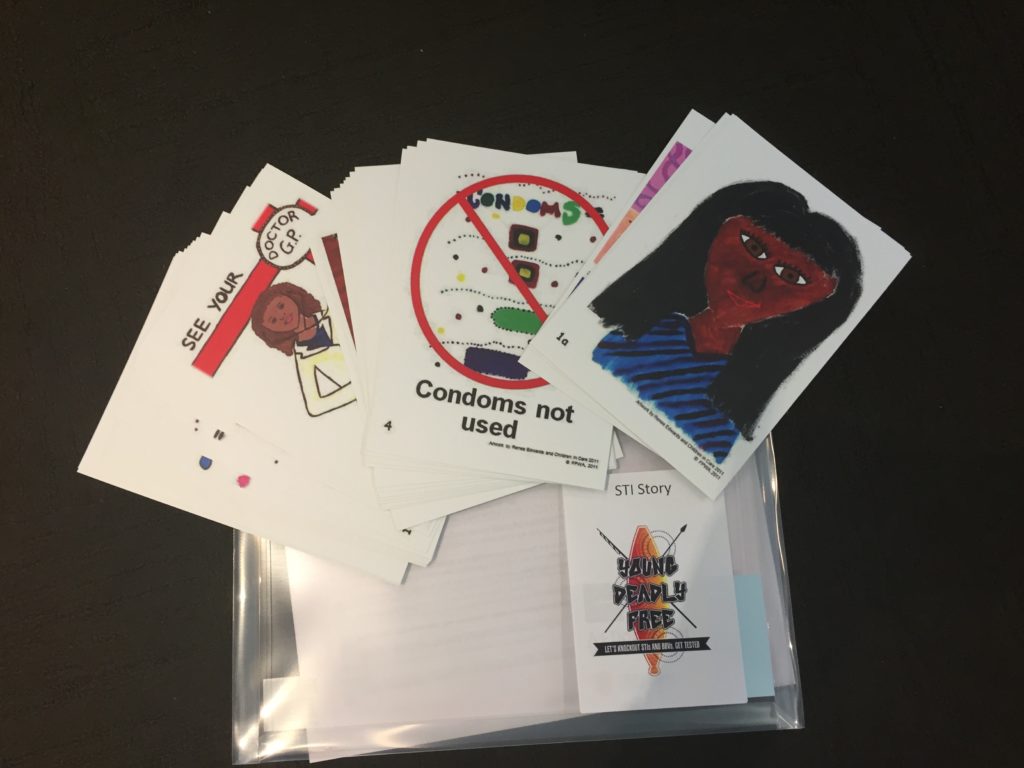
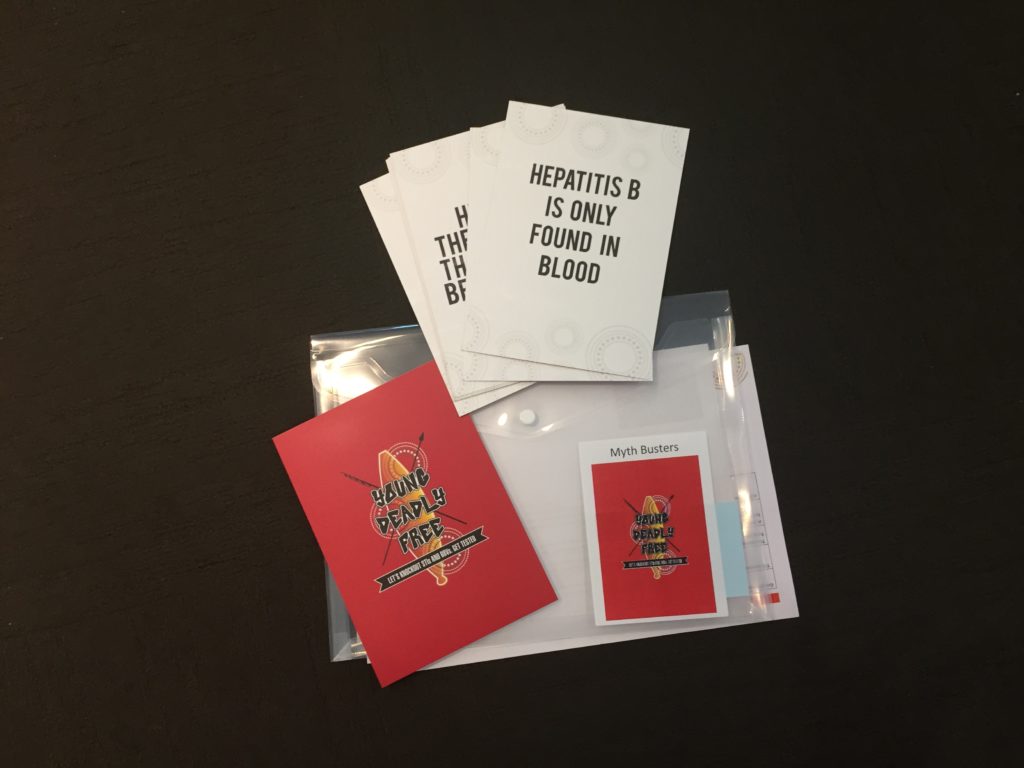
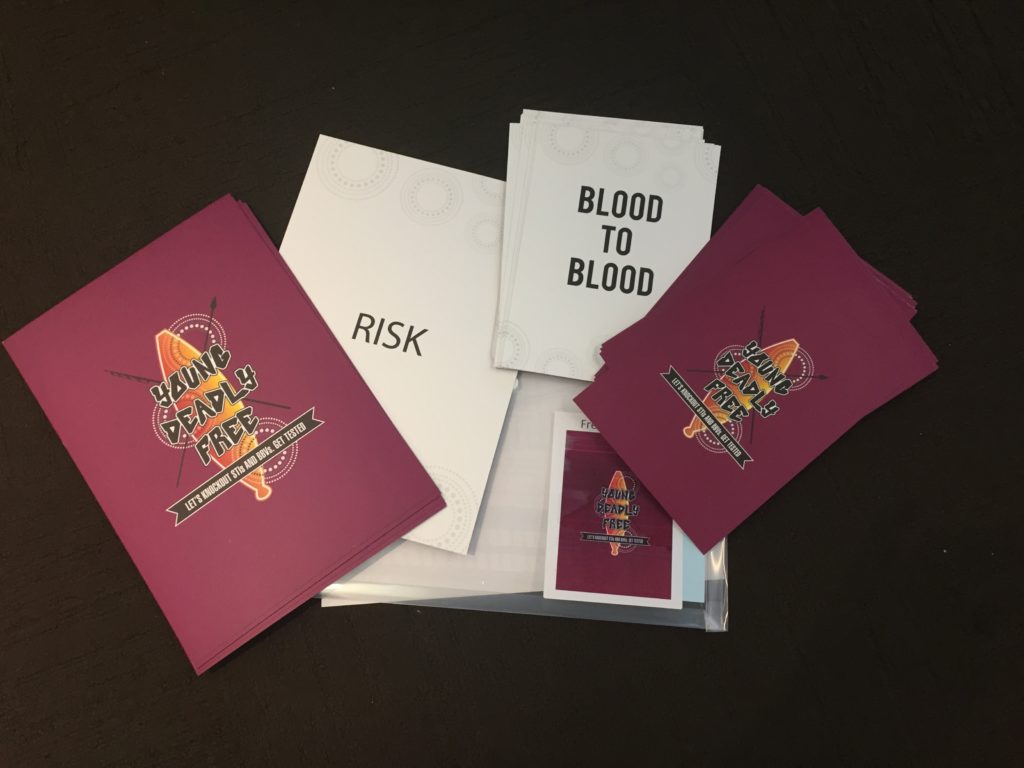

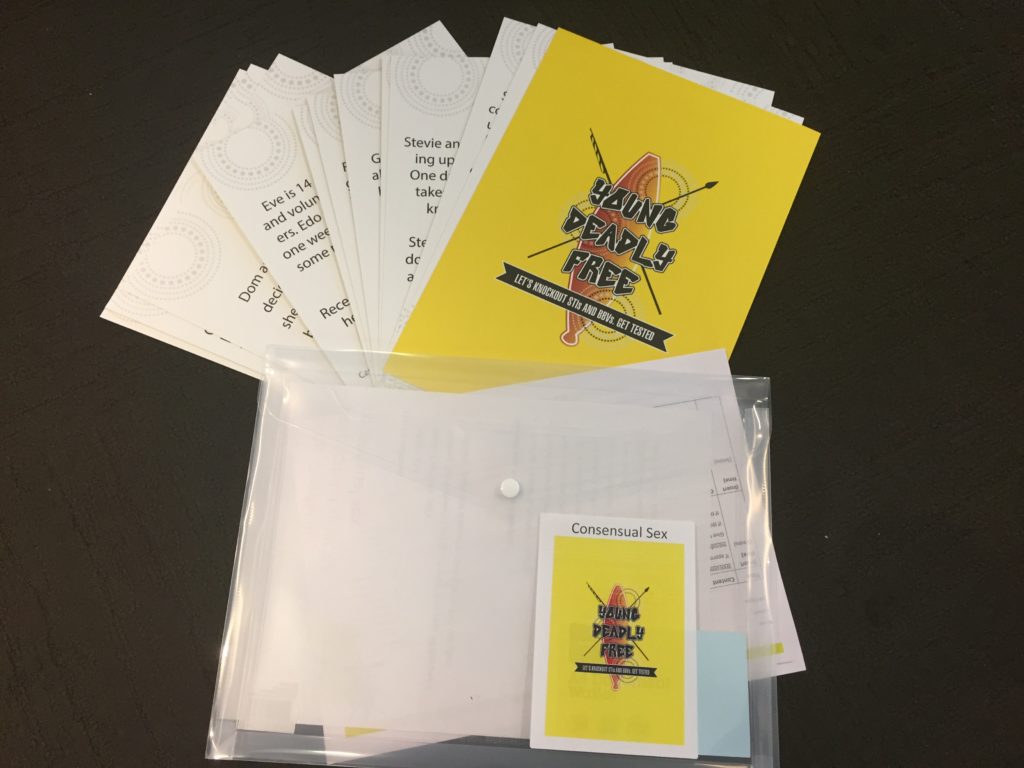


Where the Program was delivered
The Youth Peer Education Program was delivered in participating Aboriginal Community Controlled Health Services in remote and very remote areas of South Australia, Queensland, Northern Territory and Western Australia. The Program was developed and delivered with funding from the Australian Government Department of Health (as part of the Young, Deadly Free project).
The map below shows the Youth Peer Education sites.

Young Deadly Free is a project by the University of Queensland Poche Centre for Indigenous Health (formerly the South Australian Health and Medical Research Institute). © UQ POCHE 2024